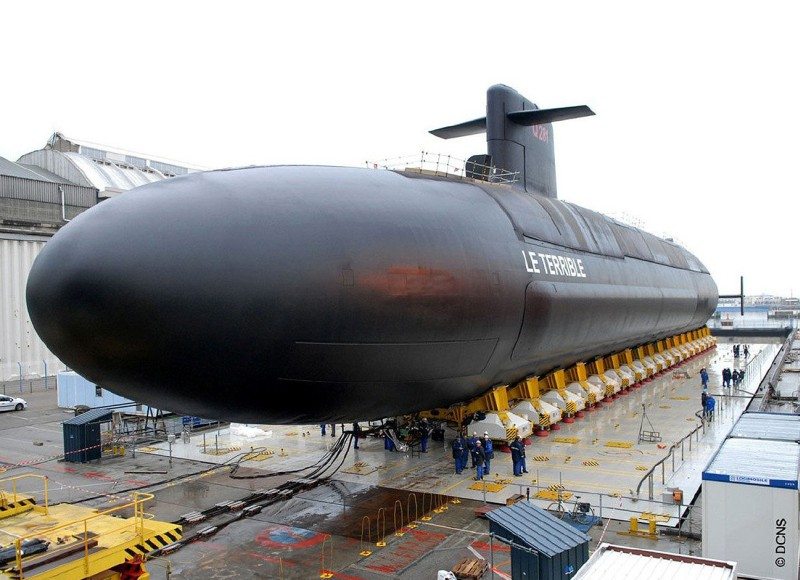On 1 March 2013, Dilma Rousseff, President of Brazil, officially inaugurated the Metal Structures Manufacturing Unit (UFEM), which comprises all the industrial facilities and special tooling needed to manufacture the outfitted hull sections of Scorpene submarines under the PROSUB programme (PROgrama de SUBmarinos).
The ceremony was attended by Dilma Rousseff, President of Brazil, Celso Amorim, Minister for Defence, Sergio Cabral, Governor of the State of Rio de Janeiro, Marco Antonio Raupp, Minister for Science, Technology & Innovation, Admiral Julio Soares de Moura Neto, brazilian Navy, high representatives of the Brazilian Navy and the French Ministry of Defence as well as Patrick Boissier, Chairman & CEO of DCNS, and Marcelo Odebrecht, CEO of Odebrecht.
This latest milestone reflects the ongoing success of DCNS’s partnership with Brazil and the excellent progress of the PROSUB programme.
Eric Berthelot, Director of DCNS do Brasil, commented: “Work at the site began in June 2010, and we’re delighted that this state-of-the-art industrial facility is now up and running. The inauguration is an illustration of the transfer of technology by DCNS to its Brazilian partners that will underpin the success of PROSUB.”
The PROSUB programme covers the design and construction of four Scorpene conventional submarines and associated shore-based infrastructure through a technology transfer agreement*. Under the agreement, DCNS is providing expertise for the design of the naval base and the infrastructure needed to build and maintain the submarines.
DCNS’s role includes the overall design, definition of functional specifications based on requirements, technical assistance for the construction phase, site supervision and acceptance of completed work and industrial equipment.
This new manufacturing unit offers approximately 55,000 sq.m. of covered space, 150-tonne gantry cranes and high-capacity presses for the handling and forming of weldable, high-yield steel alloys. These facilities will be used to manufacture the outfitted hull sections of the submarines.
The site will also comprise:
- A shipyard for assembly of the hull sections manufactured and prepared at the UFEM unit, and including specialist workshops and two drydocks for through-life support of the submarines (intermediate and major refits).
- A complete naval base housing the submarine fleet command, which will be the home port of the Brazilian submarine fleet, ultimately accommodating up to 10 vessels, and will also include the service buildings needed to support fleet operations as well as facilities for crew training.
The four conventionally powered S-BR Scorpene class submarines will meet the particular specifications of the Brazilian Navy and will be perfectly tailored to the protection and defence of Brazil’s 8,500-km coastline. They are highly versatile ocean patrol submarines, designed for all types of missions, including anti-surface warfare, anti-submarine warfare, special operations and intelligence gathering.
*DCNS is also providing design assistance for the non-nuclear portion of Brazil’s first nuclear-powered submarine.
DCNS is a world leader in naval defence and an innovative player in energy. DCNS designs, builds and supports submarines and surface combatants. It also proposes services for naval shipyards and bases. The Group employs 13,200 people and generates annual revenues of €2.9 billion.










